
US ruling on AJ+ projects Emirati power into the heart of American justice
AJ+, the online news and digital storytelling outlet that focuses on highlighting "human struggles and achievements" was instructed last week by the Counterintelligence and Export Control section of the US Department of Justice to register as a Foreign Agent.
Despite winning numerous awards for its journalism, including several regional Emmys in the US, Republican lawmakers have lobbied for years to have AJ+ registered under the Foreign Agents Registration Act (FARA) - a law originally designed to combat Nazi propaganda.
While AJ+ is the social-video-friendly American operation of the Doha-based Al Jazeera Media Network (AJMN), compelling an organisation to register under the law means they have been deemed as acting under the control of a foreign government, in this case Qatar. Yet given the political motivations behind the move, it essentially amounts to an attack on the freedom of press, rendering AJ+'s work "political activity" instead of journalism.
UAE penetration of the US
The censoring of AJ+ is partly the result of a campaign spearheaded by the US law firm Akin Gump, who, ironically, is a registered foreign agent of the UAE. According to Mother Jones, Akin Gump and other lobbyists have been paid up to $56 million since 2017 by the UAE. Some of that money has clearly gone to politicise Al Jazeera's operations by forcing them to register under FARA.
The UAE's role in this is not surprising. In 2017, when the UAE, along with Saudi Arabia, Egypt and Bahrain blockaded Qatar, one of their chief demands was that they shut down Al Jazeera. The network was maligned by these other regimes for providing an antidote to much of the state controlled media in the region, and offering a platform to oppositional, progressive voices in the MENA region.
 |
The timing of the DOJ's decision to censure AJ+ comes as no coincidence |  |
Indeed, the timing of the DOJ's decision to censure AJ+ comes as no coincidence. It has happened during the UAE's normalisation with Israel under the Abraham Accords, a move widely framed as a political victory for Trump ahead of the US elections in November.
The close relationship between the Trump White House, Emirati crown prince MBZ and Saudi crown prince MBS, along with Trump's own cronyism, has facilitated a transactional relationship in foreign policy. The UAE reportedly provided a list of demands with preconditions it required to be enacted before it was willing to announce the Abraham Accords. Al Jazeera received the letter from the DOJ the day before the UAE announced the Accords.
Read more: US orders AJ+ to register as 'foreign agent', on day UAE-Israel sign deal in Washington
The DOJ and a UAE funded report
Perhaps the most alarming thing, though, about this decision is the role of the Emirati government in shaping it. The proximity between US lawmakers and the Emirati regime was demonstrated in August 2020, when Akin Gump employee and former House Foreign Relations Chair Ileana Ros-Lehtinen wrote an extensive report, concluding that "Al Jazeera must register with the DOJ and comply with FARA".
The fact that the DOJ appears to be responding directly to foreign influence by the UAE, as opposed to undertaking a diligent assessment of the facts, is underscored by a letter issued by the DOJ, which appears to have copy and pasted verbatim quotes from the report written by the UAE-funded Akin Gump.
The quote, pictured below, is from a 2017 Evening Standard article by John Aldridge. Both the Akin Gump Report and the DOJ letter uses exactly the same wording:
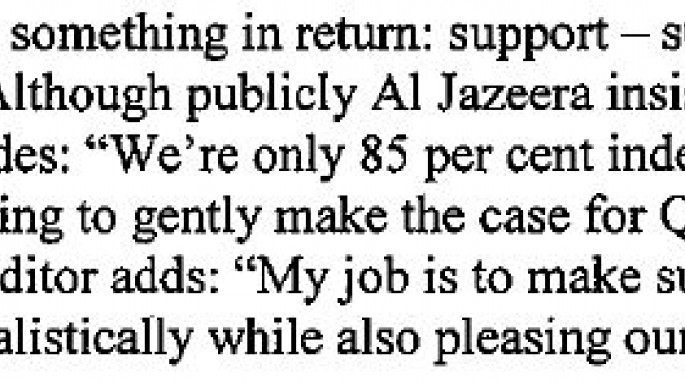 |
|
| Extract from Department of Justice Letter sent to AJ+ [DOJ] |
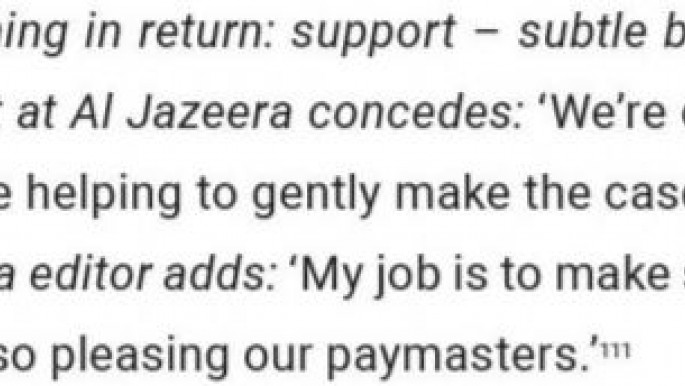 |
|
| Extract from lleana Ros-Lehtinen's July 2020 Akin Gump report [Akin Gump] |
However, unlike the original article in the Evening Standard, both the Akin Gump Report and DOJ letter put "of Qatar" in parenthesis, suggesting this was a direct copy and paste. This finding is compounded by the fact the subsequent sentence in both reports is an identical quote by Qatari Ambassador Ahmed bin Saeed Al-Rumaihi "For more than two decades, the media represents an element of soft power for the State of Qatar[.]"
Naturally, this raises the question, did Jay Bratt, the author of the DOJ letter, source much of the justification from a report paid for by a foreign agent of the United Arab Emirates? The copy and pasting would suggest this was the case, or rather a hasty effort to create a flimsy case for supporting the censure of AJ+. It is also somewhat alarming that in a relatively short letter from the DOJ, they chose to emphasise a quote from an unnamed source mentioned in a British newspaper.
 |
The price of the so-called 'peace' in the Middle East is becoming abundantly clear |  |
The price of the so-called "peace" in the Middle East is becoming abundantly clear. In addition to the UAE lobbying for access to the most advanced fighter jets in the world, they are projecting their authoritarianism into the heart of the United States justice system by successfully attacking the freedom of the press.
Trump's desire to shore up support ahead of the elections with a perceived foreign policy success has resulted in the US sacrificing its constitutional principles for short term political gain.
Marc Owen Jones is an assistant professor in Middle East studies and digital humanities at Hamad bin Khalifa University in Doha, and an honorary research fellow at Exeter University.
Follow him on Twitter: @marcowenjones
Opinions expressed in this article remain those of the author and do not necessarily represent those of The New Arab.
Have questions or comments? Email us at editorial-english@alaraby.co.uk

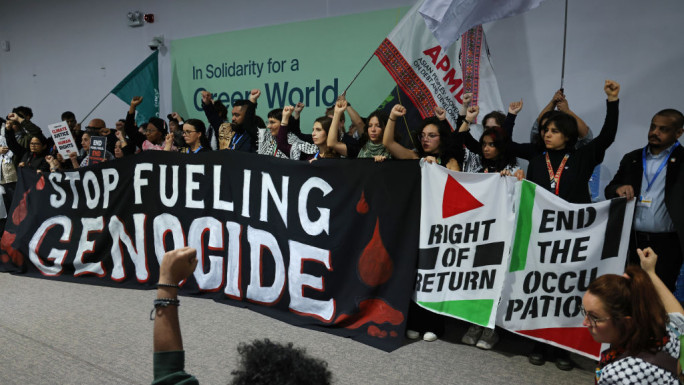

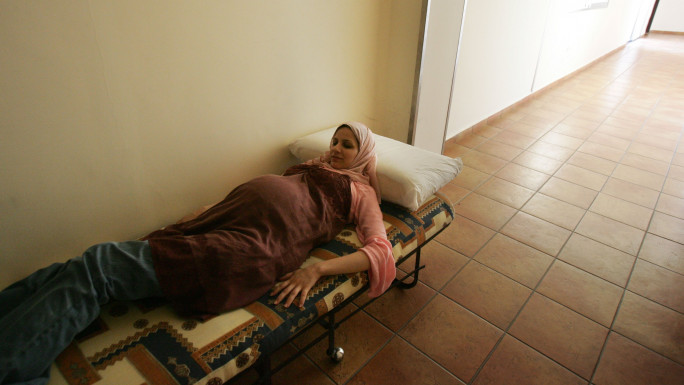
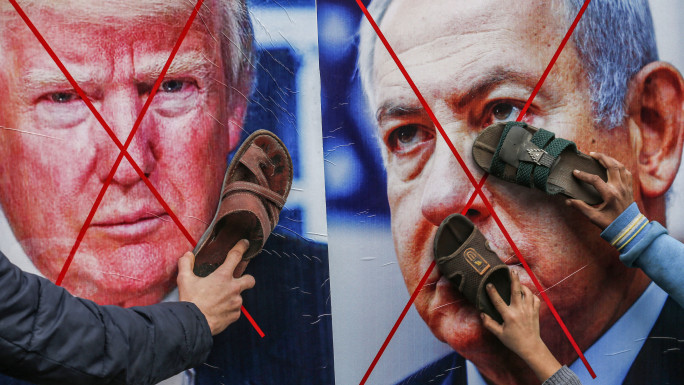

 Follow the Middle East's top stories in English at The New Arab on Google News
Follow the Middle East's top stories in English at The New Arab on Google News


